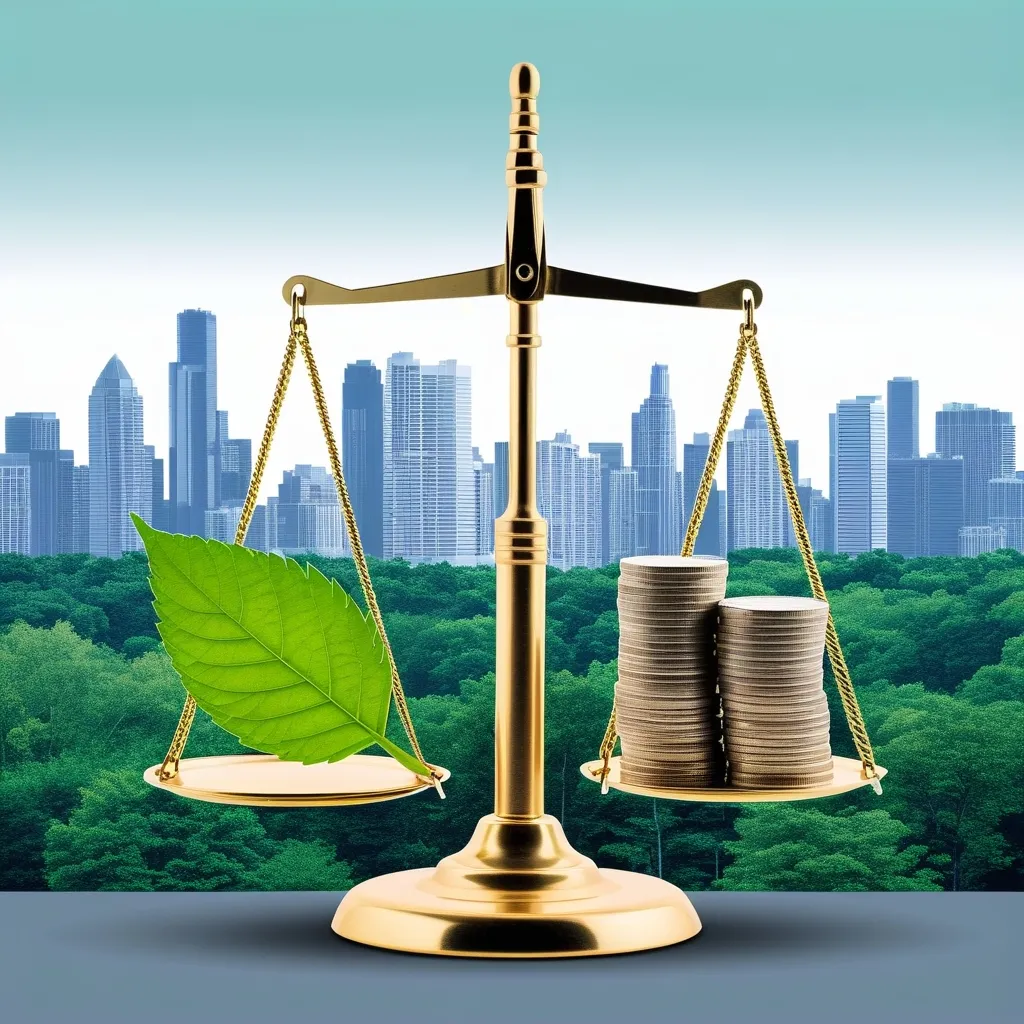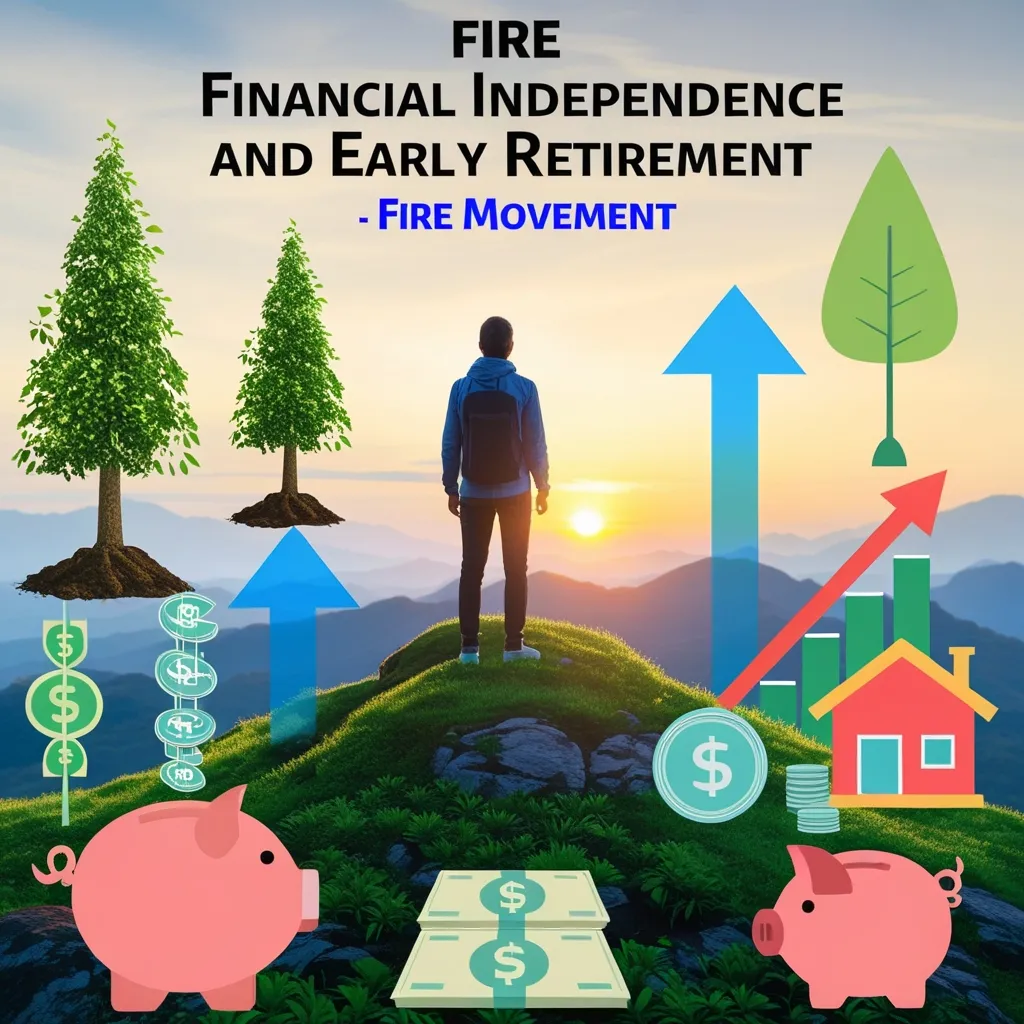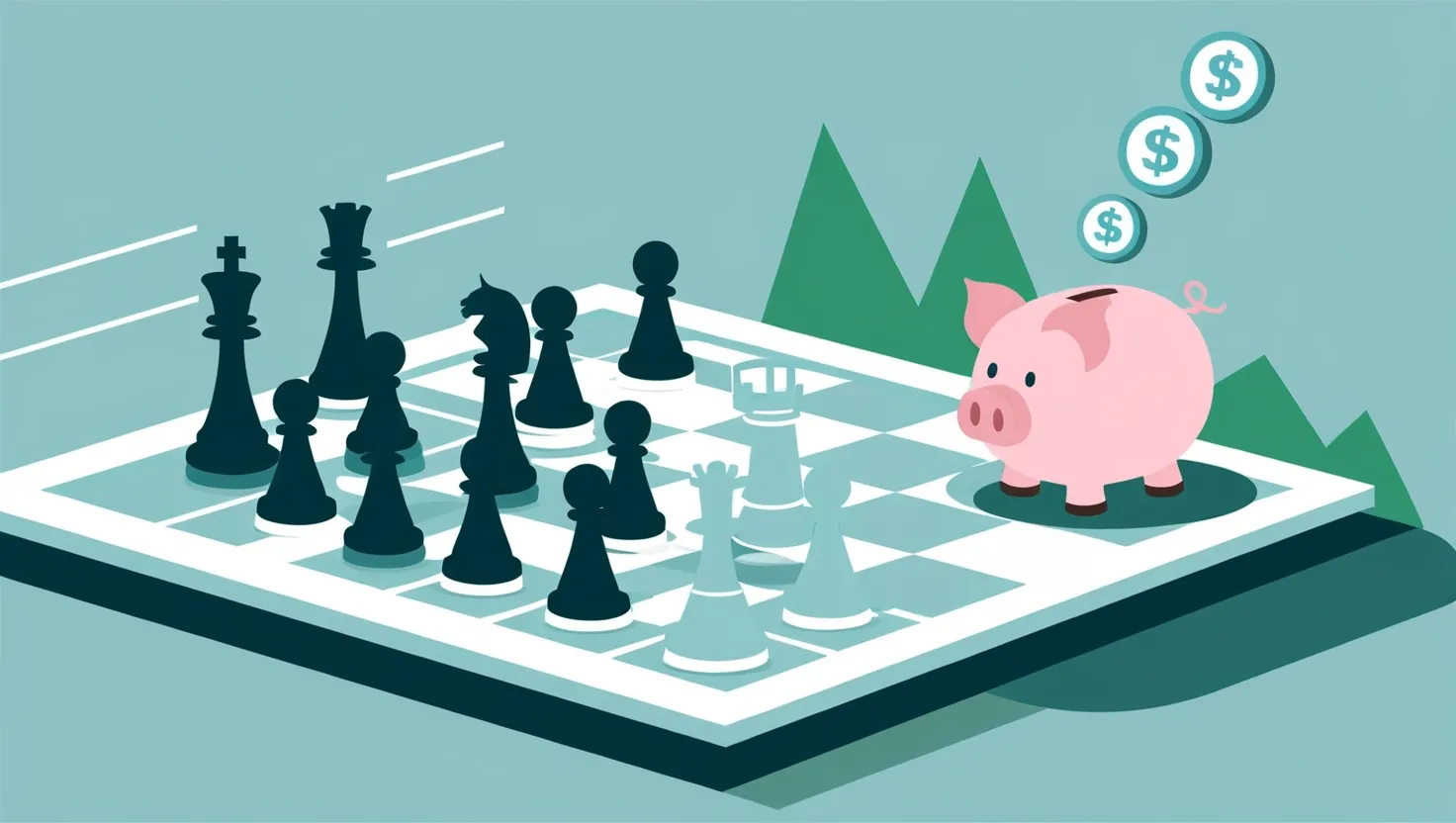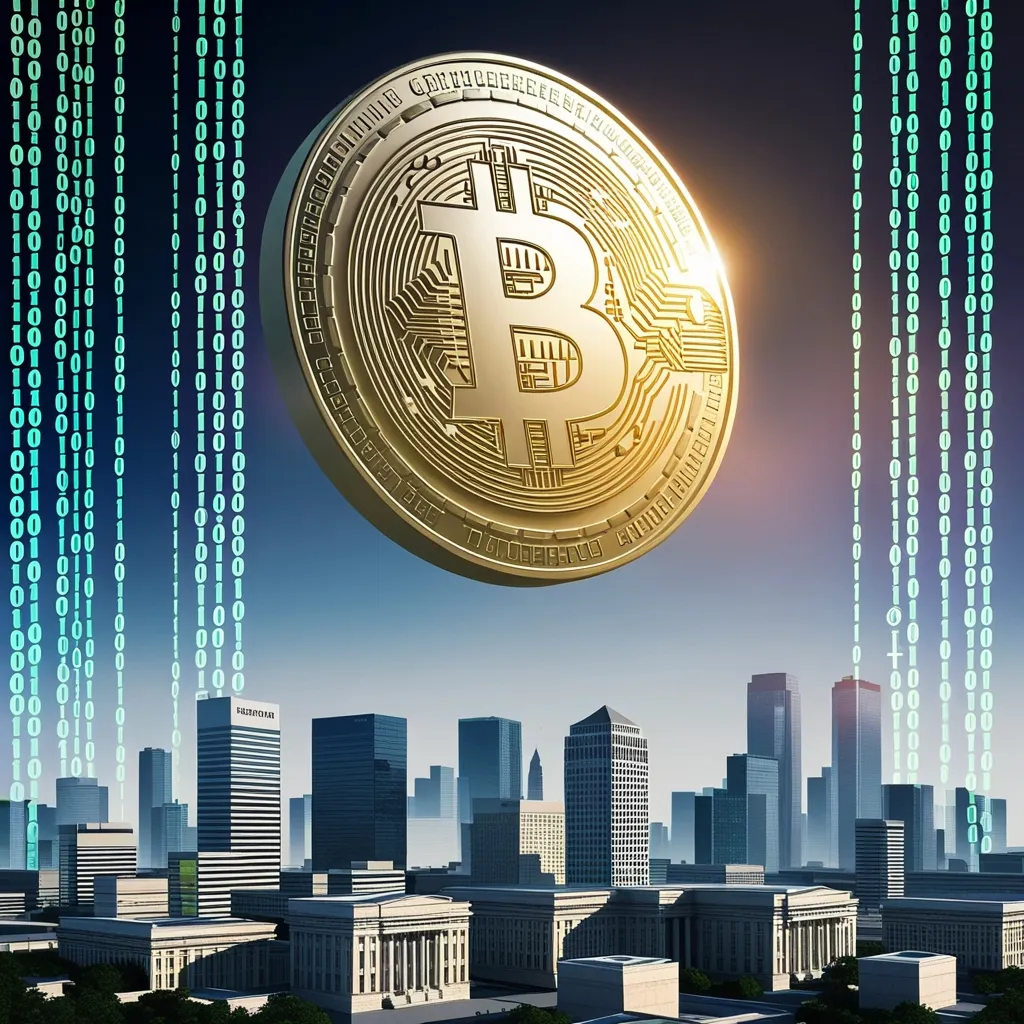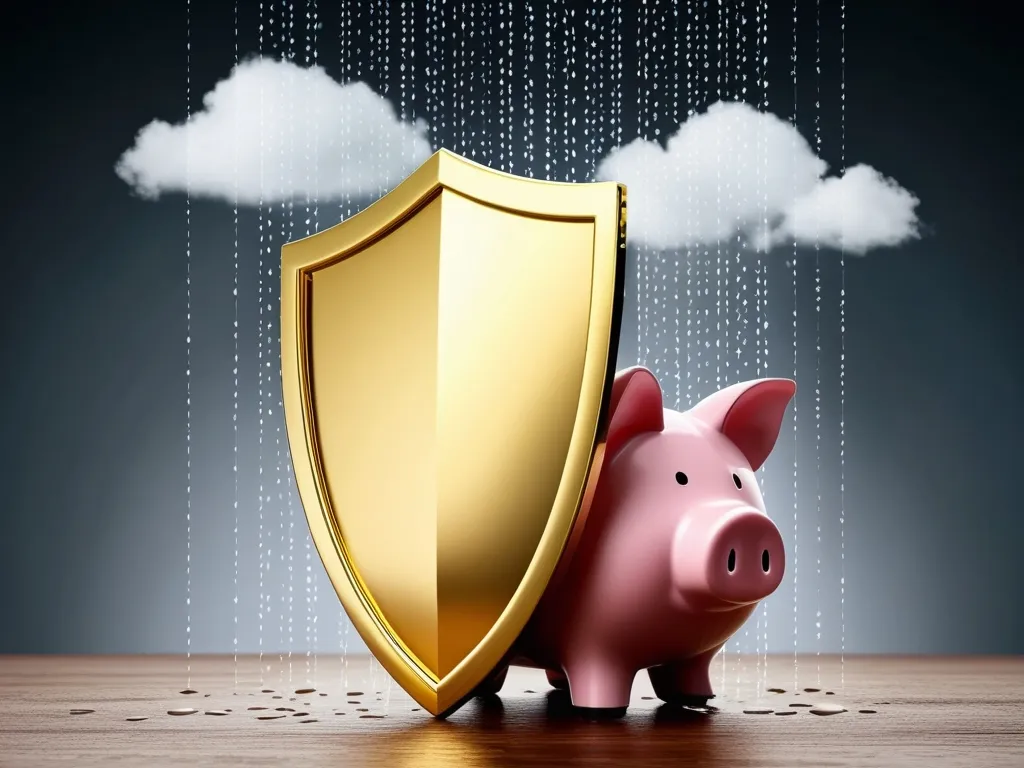Economic Growth and Environmental Sustainability: Finding the Balance
The tug-of-war between economic progress and environmental protection has been a hot topic for decades. We all want thriving economies, but at what cost to our planet? It’s a tricky balance, but one we need to figure out fast.
Let’s face it, when we think about economic growth, we picture bustling factories, new job opportunities, and rising living standards. But historically, this growth has often come with a hefty environmental price tag - pollution, deforestation, and climate change, to name a few. So, is it possible to have our economic cake and eat it too, without trashing the environment?
Well, here’s some good news - many experts reckon it’s not only possible but necessary. They call it “green growth,” and it’s all about growing the economy while keeping Mother Nature happy. Some countries are already showing it can be done. Take the UK, Germany, and the US, for example. They’ve managed to grow their economies without pumping out more carbon emissions. How? By getting creative with technology, shifting towards service-based economies, and putting some tough environmental rules in place.
Remember when you couldn’t see the mountains from downtown Los Angeles because of all the smog? Or when the Hudson River was basically a giant sewage dump? Well, those days are (mostly) behind us, thanks to some smart thinking and action. The creation of the U.S. Environmental Protection Agency and some strict regulations turned things around. Now you can actually see those mountains, and people are building fancy houses along the Hudson. Talk about a comeback story!
But here’s the kicker - protecting the environment isn’t just good for the planet; it’s good for business too. Think about it: all those air pollution control gadgets, water treatment plants, solar panels, and wind turbines? They’re not just saving the environment; they’re creating whole new industries and jobs. It’s like killing two birds with one stone (though maybe that’s not the best metaphor for environmental protection!).
Now, don’t get me wrong, it’s not all sunshine and rainbows. Some folks argue that our current economic model, which is all about consuming and producing more and more, is fundamentally unsustainable. They’ve got a point - historically, economic activities have often led to environmental degradation, resource depletion, and increased pollution. And let’s be honest, do we really need more stuff once we’ve reached a certain level of comfort?
This is where smart public policy comes in. With the right regulations and incentives, we can nudge businesses towards adopting greener technologies and practices. It’s not about stifling growth; it’s about steering it in a more sustainable direction.
But wait, there’s more! Some smart cookies have come up with the idea of “inclusive green growth.” It’s not just about reducing emissions and saving resources; it’s about making sure everyone gets a piece of the economic pie while we’re at it. Imagine investing in clean energy, sustainable agriculture, and efficient waste management. Not only does this help the environment, but it also creates jobs and stimulates economic activity. Win-win, right?
Now, let’s zoom out and look at the bigger picture. Climate change doesn’t play fair - it hits poorer countries harder, even though they’re often the ones contributing the least to the problem. That’s why climate action isn’t just about saving polar bears; it’s about fighting poverty too. Take Pakistan, for example. Massive floods there have wiped out a big chunk of their GDP. Building flood defenses isn’t just about protecting the environment; it’s about protecting people’s livelihoods too.
Here’s an interesting tidbit: researchers have found that the relationship between economic growth and environmental quality follows a U-shaped curve. They call it the Environmental Kuznets Curve. Basically, in poorer countries, economic growth initially leads to more pollution. But as countries get richer, they can afford cleaner production methods, and things start to improve. The tricky part is getting through that initial dirty phase as quickly as possible.
Now, a lot of people pin their hopes on technological innovation to solve our environmental challenges. And sure, technology can help a lot. But relying solely on tech fixes might make us overlook the need for some fundamental changes in how we consume and structure our economies. It’s great that we’re transitioning to renewable energy, but we also need to think about reducing our overall consumption and waste.
There’s also a worry that all this talk of green growth might favor wealthier nations that can afford to invest in fancy green technologies. We need to make sure that our green growth strategies don’t leave developing countries in the dust. It’s about creating a level playing field where everyone can benefit from a cleaner, greener economy.
So, what can we do about all this? Well, it starts with us. Embracing sustainable living practices like reducing our energy consumption, using public transport, and recycling can make a big difference. And it doesn’t stop there - we can support companies that invest in green technologies and advocate for environmental policies in our communities. Every little bit helps.
At the end of the day, the debate about whether we can have economic growth without trashing the environment is ongoing. But one thing’s for sure - it’s not a zero-sum game. With the right policies, some clever innovations, and a shift in how we think about growth, we can have our economic cake and eat it too, without leaving a mess for future generations to clean up.
It’s time to rethink what we mean by “growth.” Maybe it’s not just about how much stuff we produce, but about how well we’re living and how healthy our planet is. It’s a big challenge, but hey, we’ve put people on the moon - surely we can figure out how to grow our economies without wrecking the place we call home.
So, next time you hear someone say we have to choose between a healthy economy and a healthy planet, remember - it doesn’t have to be either/or. With some smart thinking and a bit of effort, we can have both. It’s not going to be easy, but then again, nothing worth doing ever is. Let’s roll up our sleeves and get to work - our future depends on it.
